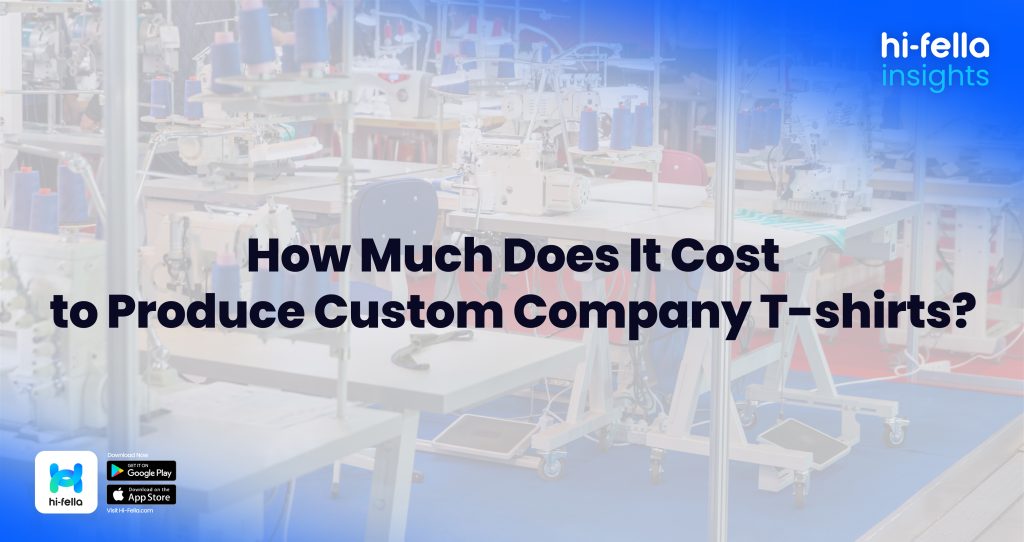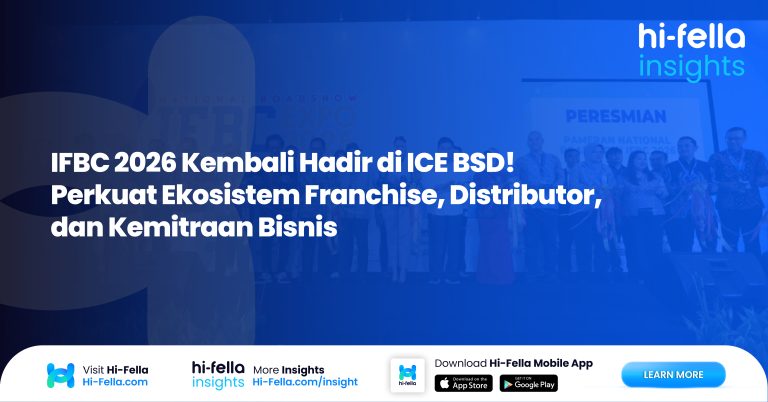Custom company T-shirts are an excellent way to promote your business, unify your employees, and stand out at events. However, many business owners wonder, “How much to have company T-shirts made?”
In this guide, we’ll explore all the factors that affect T-shirt pricing and provide useful insights for getting the best deal on your order!
Introduction to Company T-Shirts: Why Businesses Create Custom T-Shirts

Source: Craft Tee
Branded T-shirts are one of the most effective marketing tools for businesses. Here’s why:
- Branding
Custom T-shirts are a walking advertisement for your business. Having your logo and slogan on T-shirts helps increase brand visibility wherever your employees or customers go. - Employee Uniforms
Custom T-shirts offer a cost-effective solution for creating a unified look for your staff. It’s an easy way to establish a professional appearance without the high cost of more formal attire. - Promotional Events
Knowing how much to have company T-shirts made can help you plan your budget more effectively, especially when ordering for a large team or an event.
Whether you’re hosting a trade show, conference, or community event, branded T-shirts create an immediate connection with your brand and attract attention.
The cost of creating these custom T-shirts depends on various factors, which we’ll explore in more detail below.
Factors Influencing T-Shirt Pricing
If you’re wondering how much to have company T-shirts made, it’s important to consider factors like design complexity, fabric choice, and order quantity.
Several factors affect the cost of custom company T-shirts. Here’s a breakdown of what influences pricing:
1. Fabric
The material of the T-shirt plays a big role in the cost. Basic cotton T-shirts are the most affordable, while specialty fabrics like organic cotton, moisture-wicking polyester, or eco-friendly materials may cost more. Higher-quality fabric typically offers better comfort and durability.
2. Design Complexity
Simple designs with minimal text or a small logo tend to be cheaper to print. Complex designs with multiple colors, gradients, or intricate details require more advanced techniques, driving up the cost.
3. Printing Method
There are several ways to print designs on T-shirts, each with its own cost structure:
- Screen Printing: This method involves creating a stencil for each color and using it to transfer ink onto the fabric. It’s highly cost-effective for large orders and simple designs but may not be suitable for highly detailed or multicolored artwork.
- Embroidery: This method involves stitching the design onto the fabric, offering a premium and durable look. However, embroidery tends to be more expensive than screen printing due to the labor involved, making it ideal for small, simple logos on uniforms or corporate giveaways.
- Digital Printing: Digital printing, or direct-to-garment (DTG), is perfect for designs with fine details and multiple colors. It’s ideal for smaller orders but can be more expensive per shirt than screen printing, especially for larger orders.
Cost Breakdown: Examples of Pricing for Small, Medium, and Large Orders
The price of your custom T-shirts will vary based on the order quantity. Here’s a cost comparison based on typical pricing for different order sizes:
- Small Orders (20-50 T-shirts)
For small batches, prices can range from $10 to $25 per shirt, depending on the design complexity and printing method used. Smaller orders generally have higher per-unit costs due to setup fees.
- Medium Orders (100-200 T-shirts)
With medium-sized orders, the price per shirt drops to about $7 to $15, thanks to economies of scale. Bulk printing helps reduce costs by spreading setup fees across more shirts.
- Large Orders (500+ T-shirts)
Large orders, which may cost between $4 to $8 per shirt, offer the best value. The cost per shirt decreases significantly with larger quantities because suppliers can run larger print jobs more efficiently, lowering labor and material costs.
Cost Comparison of Different Printing Methods (Screen Printing vs. Embroidery)
How much to have company T-shirts made will depend on whether you choose screen printing, embroidery, or digital printing for your design.

Source: Printify
Choosing the right printing method depends on your budget and design preferences. Here’s a cost comparison between screen printing and embroidery:
1. Screen Printing
- Pros: Ideal for large orders, cost-effective for simple designs, and vibrant color reproduction.
- Cons: Not ideal for complex, detailed artwork or small orders.
- Price: Typically cheaper than embroidery, especially for bulk orders. Prices range from $5 to $10 per shirt for a basic design.
2. Embroidery
- Pros: Premium, professional look that adds texture and durability. Great for logos or text that require a high-quality finish.
- Cons: More expensive than screen printing, especially for complex designs. Requires a minimum order in some cases.
- Price: Usually costs $8 to $20 per shirt, depending on the size and complexity of the design.
Where to Find T-Shirt Suppliers: Comparing Local and International Options
If you’re wondering how much to have company T-shirts made, consider reaching out to several suppliers for quotes to find the best deal for your needs.
When sourcing custom T-shirts, you can choose between local or international suppliers. Both have their pros and cons:
1. Local Suppliers
- Pros: Faster turnaround times, no shipping fees, easier communication, and the ability to view samples in person.
- Cons: Generally higher costs for small orders and limited design options.
2. International Suppliers
- Pros: Lower production costs, access to a wider range of fabrics and printing techniques, and bulk discounts.
- Cons: Longer shipping times, potential for quality issues, and difficulty with communication.
A great way to streamline the process and compare suppliers is to use platforms like Hi-Fella, which connects businesses with trusted suppliers offering competitive pricing for both local and international orders.
Testimonials from Businesses That Have Successfully Used Branded T-Shirts
Many businesses have successfully used custom T-shirts to promote their brand and boost employee morale. Here are a few examples:
- Tech Startups: A startup used branded T-shirts to promote their new app at a tech conference. Their simple, stylish design attracted attention and helped them gain 200+ app downloads during the event.
- Retail Chains: A retail business ordered custom T-shirts for their employees as part of a uniform program. The employees felt more connected to the company, and customers appreciated the professional look, which improved customer service ratings.
- Non-Profit Organizations: A non-profit used T-shirts for a fundraising campaign. Volunteers wore the shirts during a marathon event, which helped spread the word about their cause.
Market Research on Trends in Custom T-Shirts for Businesses and Promotional Use
Market trends in custom T-shirts for businesses show a growing demand for:
1. Eco-friendly T-shirts
Consumers are increasingly interested in sustainable clothing options, so businesses are opting for organic cotton, recycled fabrics, or water-based inks.
2. Customizable Designs
More companies are opting for designs that allow employees or customers to personalize their shirts, making them more engaging and unique.
3. Comfort and Durability
Performance fabrics and comfortable fits are becoming more popular as businesses focus on employee comfort and long-lasting promotional products.
Guides on How Bulk Ordering Reduces Per-Unit Costs for T-Shirts
Ordering T-shirts in bulk can significantly reduce the per-unit cost. Here’s how:
- Reduced Setup Costs: When you order in larger quantities, the initial setup costs for printing (such as creating stencils or setting up embroidery machines) are spread across more units, reducing the cost per shirt.
- Discounts for Volume: Suppliers often offer volume discounts, making larger orders more cost-effective.
- Lower Shipping Costs: When ordering in bulk, you typically pay less per shirt for shipping, as the cost is divided across a larger order.
The cost of creating custom company T-shirts depends on various factors such as design complexity, fabric, printing method, and order quantity. Understanding these factors will help you make informed decisions about your T-shirt order.
To get the best deal, consider using Hi-Fella, a platform that connects businesses with reliable suppliers for high-quality, affordable T-shirts in bulk.
By ordering in larger quantities and choosing the right printing method, you can maximize value and minimize costs for your custom apparel.








